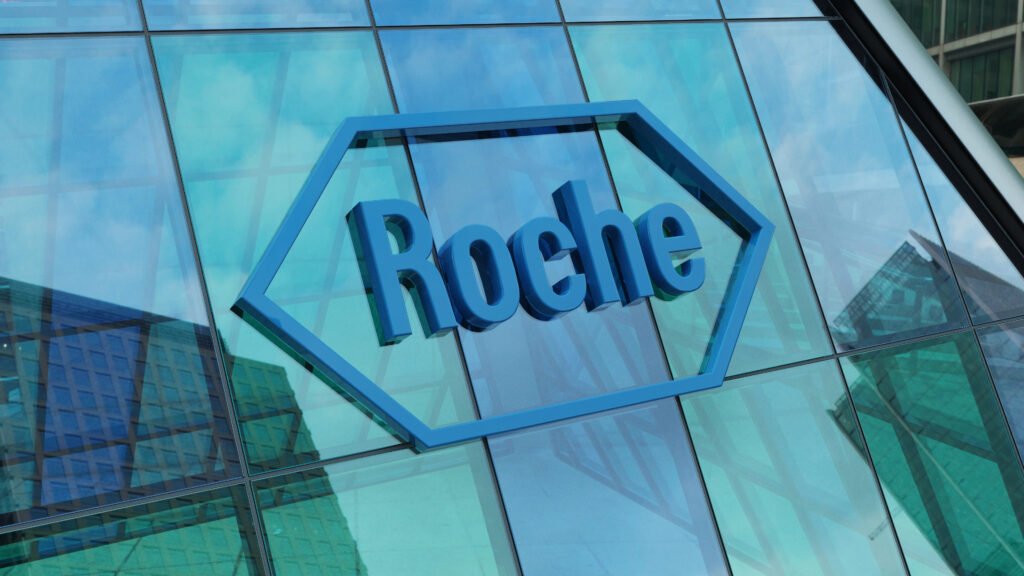Despite high hopes, Roche’s anti-amyloid antibody shows no significant benefit in slowing cognitive decline, prompting reevaluation of Alzheimer’s drug strategies.
Despite high hopes, Roche’s anti-amyloid antibody shows no significant benefit in slowing cognitive decline, prompting reevaluation of Alzheimer’s drug strategies.

In a sobering development for Alzheimer’s research, Roche has announced that its investigational monoclonal antibody, gantenerumab, failed to meet primary endpoints in its Phase III GRADUATE I and II trials. The data, released in late November 2024, showed no statistically significant slowing of cognitive decline in patients with early-stage Alzheimer’s disease compared to placebo.
Gantenerumab, designed to target and clear beta-amyloid plaques, was once considered a promising contender in the race to develop disease-modifying treatments for Alzheimer’s. However, the trial results revealed only a modest reduction in amyloid burden without corresponding clinical benefit.
The failure echoes similar setbacks in the field, raising questions about the amyloid hypothesis and the viability of targeting plaques alone. Roche stated that while the drug was generally well tolerated, the lack of efficacy will lead to a strategic reassessment of its neurodegenerative pipeline.
This outcome follows a year of mixed results in Alzheimer’s research, with some candidates like Eisai’s lecanemab showing incremental benefits, while others—including Biogen’s aducanumab—faced regulatory and clinical scrutiny.
As the industry pivots toward combination therapies and alternative targets such as tau protein and neuroinflammation, gantenerumab’s outcome serves as a reminder of the complexity of Alzheimer’s pathology and the urgent need for innovative approaches.
Keep in touch with our news & offers